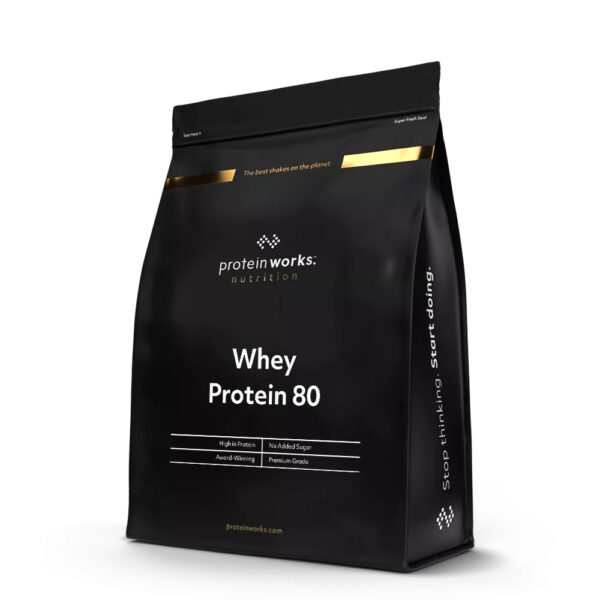Whey protein supplements have become a staple in the world of fitness and nutrition. They are praised for their effectiveness in muscle building, weight management, and overall health. In this article, we’ll explore what whey protein is, its benefits, different types, how to choose the right one, and potential considerations.
What is Whey Protein?
Whey protein is a high-quality protein derived whey protein price in pakistan from whey, the liquid byproduct of cheese production. When milk is curdled, the solid curds separate from the liquid whey. This whey is then processed to create a protein powder that can be used in a variety of products. Whey protein is known for its excellent amino acid profile and quick digestibility, making it a popular choice for athletes and fitness enthusiasts.
Types of Whey Protein
Whey protein supplements come in several forms, each with its own unique properties:
Whey Protein Concentrate (WPC): This is the most basic form of whey protein. It typically contains 70-80% protein by weight, with the remaining 20-30% being fat and carbohydrates. It retains more of the beneficial nutrients found in whey, including some fats and lactose.
Whey Protein Isolate (WPI): Whey protein isolate is more processed than concentrate and contains 90% or more protein by weight. It has lower levels of fat and lactose, making it a good option for those with lactose intolerance.
Whey Protein Hydrolysate (WPH): This form of whey protein is pre-digested, which means it is broken down into smaller peptides for faster absorption. It is often used in medical protein supplements and infant formulas due to its high bioavailability and easy digestion.
Whey Protein Blend: This is a combination of concentrate, isolate, and sometimes hydrolysate. It aims to offer the benefits of different forms of whey protein at a more affordable price.
Benefits of Whey Protein
Whey protein is renowned for several health and fitness benefits:
Muscle Growth: Whey protein is rich in essential amino acids, particularly leucine, which plays a crucial role in muscle protein synthesis. This makes it effective for muscle growth and repair.
Weight Management: Protein is known to increase satiety and boost metabolism. Whey protein can help you feel full longer, which can support weight loss or maintenance goals.
Improved Recovery: After intense exercise, whey protein can help repair muscle damage and reduce recovery time due to its high leucine content and rapid absorption.
Boosts Immune Function: Whey protein contains immunoglobulins and lactoferrin, which can help support immune system health.
Supports Metabolic Health: Some studies suggest that whey protein may help lower blood sugar levels and improve insulin sensitivity.
How to Choose the Right Whey Protein Supplement
Selecting the right whey protein supplement depends on various factors:
Goals: Identify your fitness goals—whether you are aiming for muscle gain, weight loss, or overall health. Whey protein isolate or hydrolysate might be better for muscle gain, while concentrate could be sufficient for general health.
Lactose Tolerance: If you are lactose intolerant, whey protein isolate or hydrolysate is recommended as they contain less lactose than concentrate.
Ingredients: Check the ingredient list for additional additives, sweeteners, or artificial flavors. Opt for a product with minimal ingredients for a cleaner supplement.
Brand Reputation: Choose brands that are transparent about their sourcing, production practices, and have good reviews from users.
Price: Higher-quality proteins like isolates and hydrolysates are more expensive. Consider your budget and the value you are getting from the product.
Potential Considerations
While whey protein is beneficial for most people, there are some considerations to keep in mind:
Allergies: Individuals with dairy allergies or severe lactose intolerance should avoid whey protein or choose lactose-free options.
Overconsumption: Excessive protein intake can strain kidneys and cause digestive issues. Stick to recommended serving sizes and consult with a healthcare provider if you have any underlying health conditions.
Quality Control: Some protein powders might not contain the advertised amount of protein or might be contaminated. Look for third-party tested products to ensure quality.
Conclusion
Whey protein supplements are a powerful tool for enhancing muscle growth, improving recovery, and supporting overall health. With various types available, understanding the differences and benefits can help you make an informed choice that aligns with your fitness goals and dietary needs. Remember to consider factors like lactose tolerance, ingredients, and brand reputation when selecting a whey protein supplement, and always consult with a healthcare professional if you have any concerns about its suitability for you.
